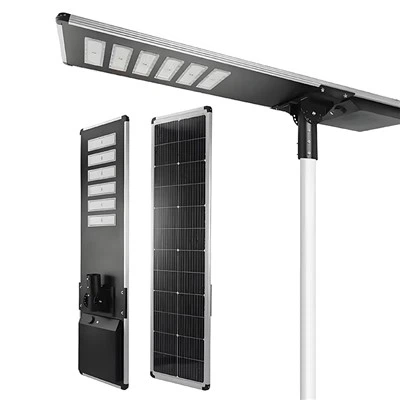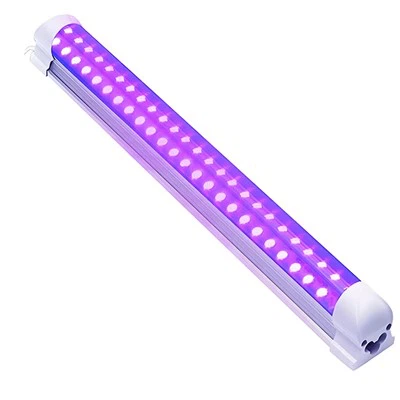Solar lights are a popular and eco-friendly way to brighten up your garden, driveway, or outdoor space without the need for electricity or messy wires. But if you've ever invested in solar lights, you may have noticed that they stop working all too quickly. So why do solar lights stop working so quickly, and what can you do to make them last longer?
The main reason why solar lights stop working so quickly is due to poor battery performance. Solar lights rely on the energy from the sun to power their batteries, which in turn provide energy to the LED lights. However, if the battery is weak or has reached the end of its life, it won't be able to store enough energy to keep the lights on for very long.
Another reason why solar lights can stop working quickly is due to inadequate sunlight. Solar panels need direct sunlight in order to charge the batteries effectively. If they are placed in a shaded area or receive minimal sun exposure, the batteries may not be able to charge fully and therefore drain quickly. This is especially true during the winter months when days are shorter and sunlight is reduced.

https://www.benweilighting.com/agricultural-lighting/solar-led-street-light.html
Poor build quality is another factor that can contribute to solar lights stopping working quickly. Cheaper solar lights may be made with low-quality materials that break easily or don't withstand the elements. This can result in damage to the solar panel or other components, which then affect the performance of the battery and consequently the LED lights.
So, what can you do to make your solar lights last longer? One way to improve battery performance is to replace old or weak batteries with new ones. You can purchase replacement batteries online or from your local hardware store. Don't forget to check the manufacturer's recommendations for the correct battery type and size.
Proper placement of your solar lights is also crucial in ensuring they work efficiently and for longer. Make sure they are placed in an area where they can receive direct sunlight for at least 6-8 hours per day. This may mean repositioning them during different seasons or times of the year to ensure they are getting sufficient sunlight.
Investing in high-quality solar lights may also help prevent problems with battery performance and build quality. Look for lights made with durable materials that can withstand the outdoor elements. Avoid buying cheap solar lights that may not have been tested to the same standard as more expensive brands.
Overall, solar lights are a great way to illuminate outdoor areas while saving on energy costs and avoiding messy wires. However, it's important to understand the factors that can affect their performance and lifespan. By taking care of your solar lights and making sure they receive adequate sunlight and have quality battery performance, you can enjoy a well-lit outdoor space for years to come.






